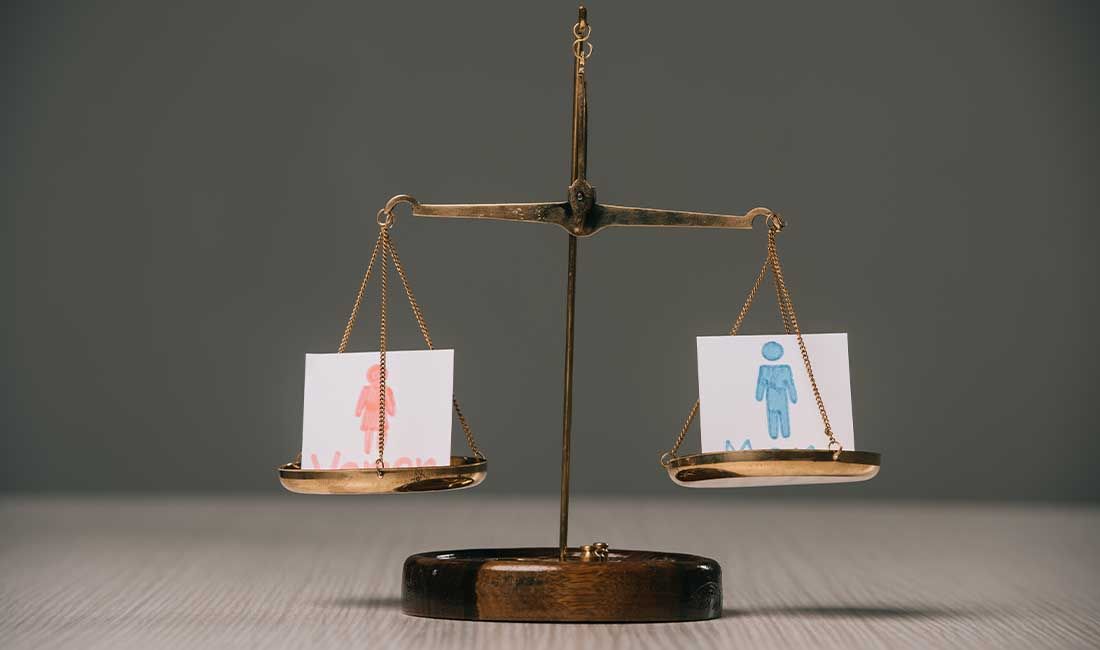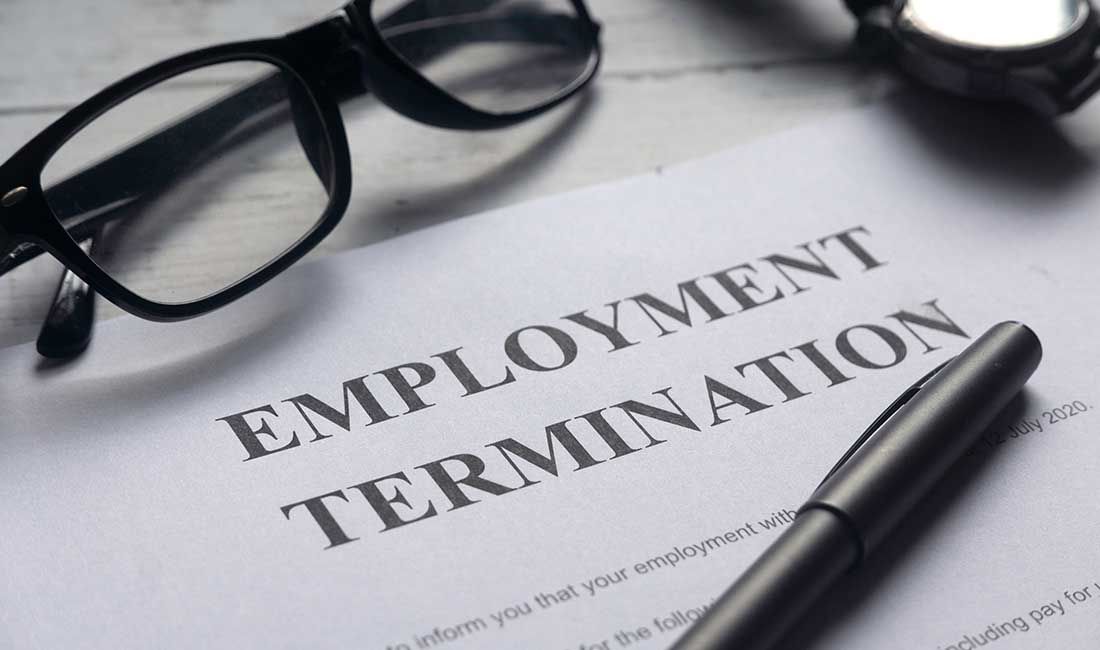Religious Discrimination Case

| W.E.U Admin | Workplace Wellbeing
Article by DACBeechcroft
Facts
In this case an employment tribunal found that a charity directly discriminated against a job applicant when it withdrew a conditional job offer after discovering Facebook posts expressing views on same-sex marriage and homosexuality. Other claims against the charity were dismissed.
Mr Ngole is a Christian and a qualified social worker. In April 2022 he applied for a role as a discharge mental health support worker at Pinderfields Hospital in Wakefield with Touchstone Leeds, a charity providing mental health and wellbeing services. Fourteen others applied, but Mr Ngole was judged the best candidate and received a conditional job offer (subject to a clear DBS certificate and satisfactory references).
Touchstone took up two professional references, both of which supplied only factual information. Mr Ngole provided a third, personal reference which did not accord with Touchstone’s policy. One of Touchstone’s employees, Ms Brown, therefore carried out a Google search. She discovered BBC News and The Guardian coverage of a High Court case Mr Ngole had brought against the University of Sheffield following his removal from the social work course. The reports detailed Facebook comments in which Mr Ngole argued that same-sex marriage was a sin, quoting biblical verses in support. He lost in the High Court but successfully appealed to the Court of Appeal, was reinstated to his course and qualified as a social worker. The Google search did not reveal the successful appeal.
On 10 June 2022 Touchstone withdrew the job offer without any discussion, stating:
“We have uncovered some information about you which does not align with the Touchstone Leeds ethos and values; we are an organisation proud to work in alliance with the LGBTQ+ community and we pride ourselves on being an inclusive employer.”
Mr Ngole immediately asked for details and offered additional referees. Touchstone replied citing the Google articles and expressed serious concerns about his ability to act in the best interests of vulnerable service users. They offered to reconsider if he gave assurances that his views would not compromise the role or Touchstone’s values.
A meeting (described by the tribunal as a second interview) took place on 11 July 2022. Mr Ngole explained that as a Christian he valued everyone and would abide by Touchstone’s policies and procedures, though he would not attend LGB awareness training if it conflicted with his belief that marriage is between a man and a woman. He confirmed he would be an ally to all service users and staff, but maintained that “promotion of homosexual rights” could not be a condition of his employment.
On 18 July 2022 Touchstone confirmed that the conditional offer would not be reinstated.
Tribunal Decision
- Approximately a third of Touchstone’s workforce and 12% of service users are LGBTQ+.
- LGBTQ+ people are statistically more likely to experience serious mental health issues, self-harm or suicidal ideation.
- The Wakefield support role was a lone pilot position requiring close work with all community groups, including LGBTQ+ organisations.
- The Court of Appeal held that Mr Ngole’s Facebook views were a political debate contribution, protected under Article 10 (freedom of expression) rather than Article 9 (freedom of religion).
- 30% of Touchstone’s workforce declared themselves Christian.
The tribunal found that the reason for the withdrawal of the offer on 10 June 2022 was Mr Ngole’s public expression of views rooted in his religious belief, leading to a safeguarding concern for LGBTQ+ service users. Touchstone had wrongly equated expression of belief with a likelihood to discriminate.
However, the tribunal upheld Touchstone’s later decision not to reinstate the offer after the second interview. They concluded that the risk to vulnerable service users—given the lone-worker nature of the role—was too great, and that not reinstating the offer was the least intrusive measure available.
The tribunal also rejected claims of harassment: the communications and second interview were aimed at assessing compatibility with the role, not targeting Mr Ngole’s religious beliefs per se.
What This Means for Employers
While Mr Ngole intends to appeal, this tribunal decision serves as a warning to prospective employers. Discovering social media posts that some may find offensive should prompt pause and engagement, exploring with the individual how beliefs might be accommodated. Seeking compromise before withdrawing job offers or taking disciplinary action can demonstrate proportionality and help balance competing rights.
Whether a least intrusive measure exists is key to the proportionality test set out by the EAT in Higgs v Farmor’s School. Higgs is before the Court of Appeal in October and will further clarify what constitutes an objectionable manifestation of belief and how the test applies to out-of-work social media posts.
For more on religious discrimination and related employment law developments, explore our Employment Law News section.
workersofengland.co.uk | Independent Workers Trade Union
This Article is Tagged under:
Share Article
Most Popular Articles
Related Information Items
-

Who’s on Your Team? The Three Thinking Styles at Work
| W.E.U Admin | Personal Development & Support

















